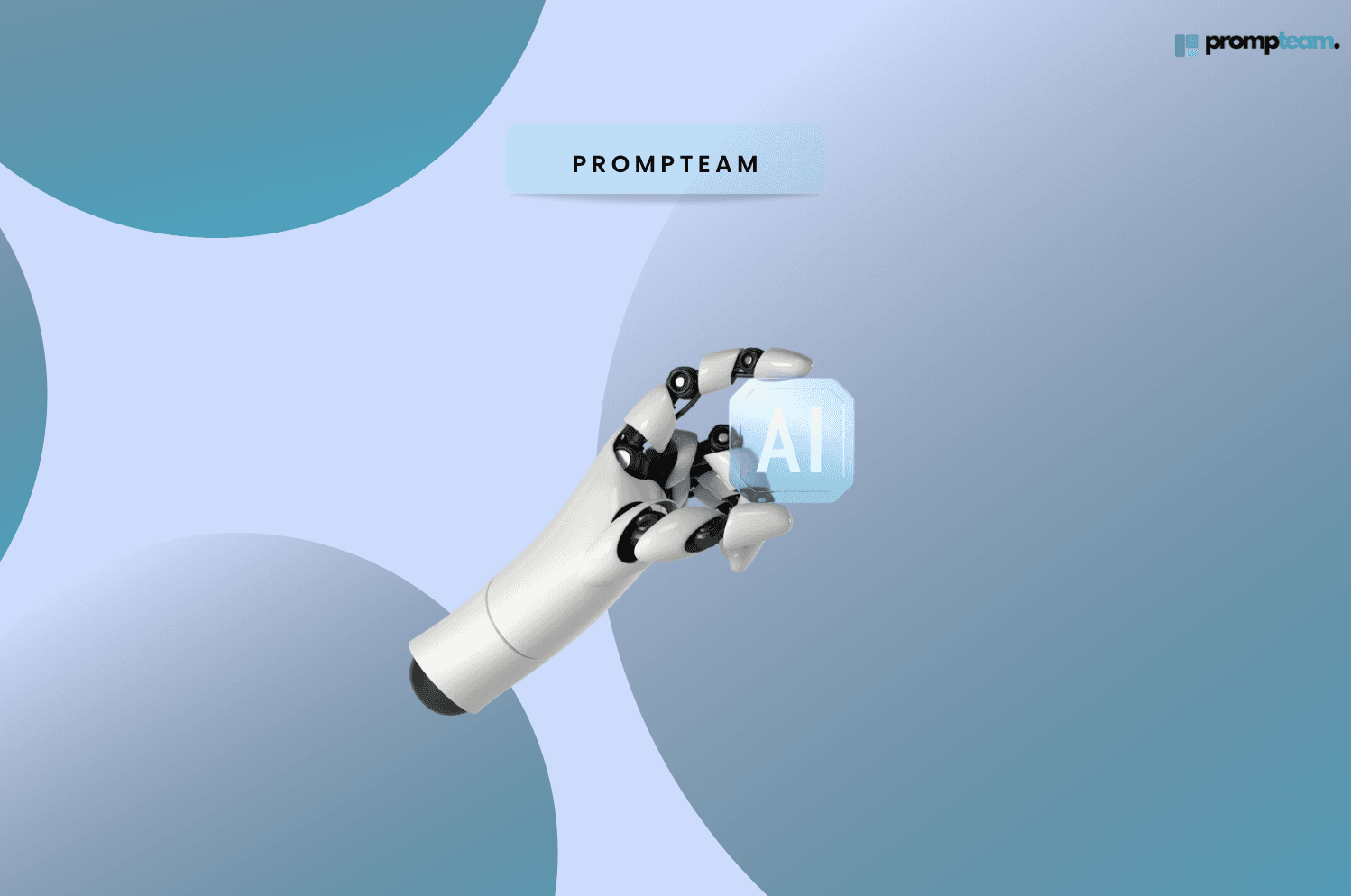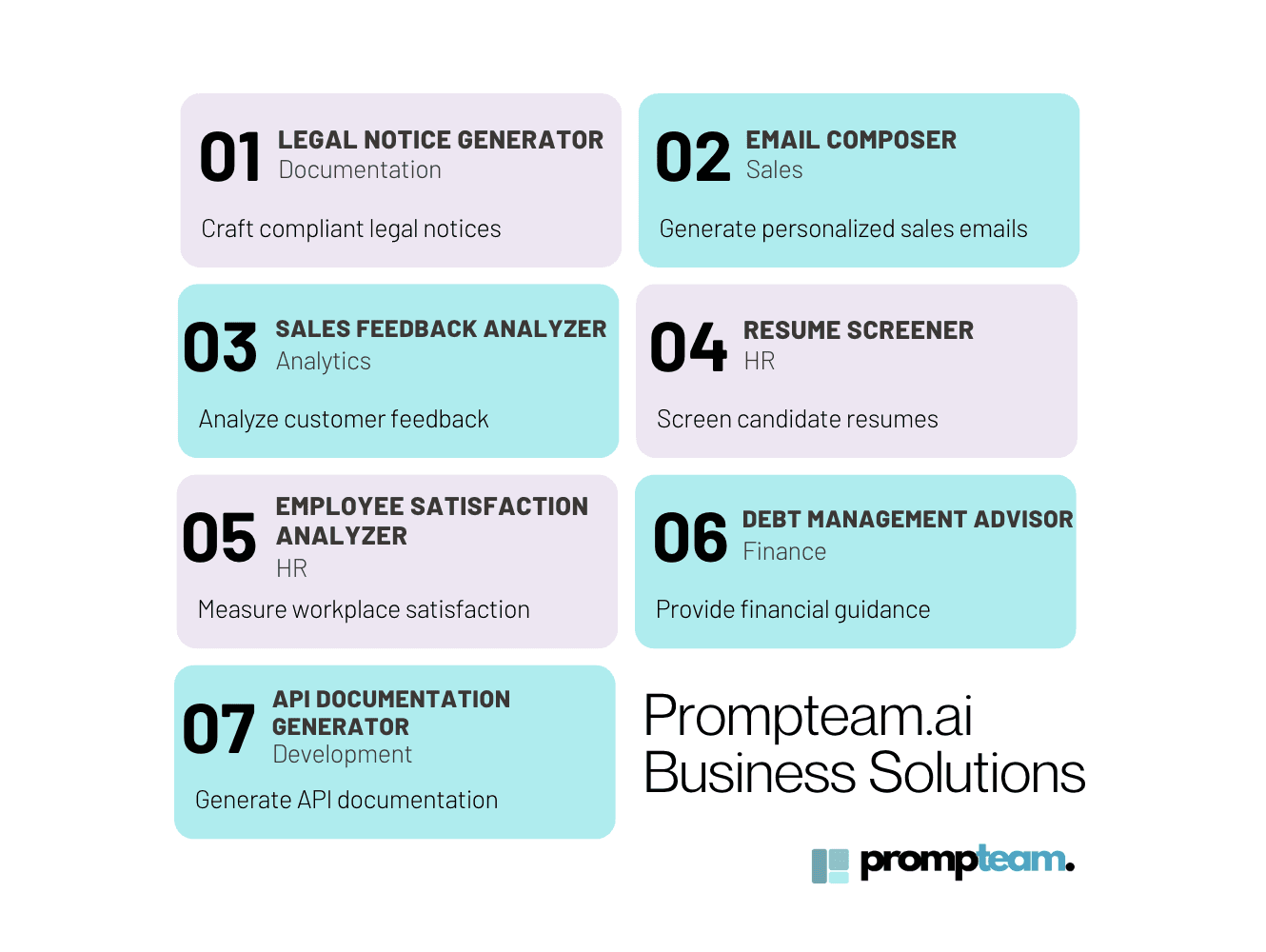
The Role of AI in Marketing Strategy
Data is often referred to as the "new oil."
Marketing teams, which used to struggle with limited data, now have vast access to information. Thanks to advancements in artificial intelligence (AI) and machine learning (ML), marketers have powerful tools to improve their strategies.
However, many still need to gain expertise in using AI effectively.
Combining this abundant data with easy-to-use AI tools allows marketing professionals to boost efficiency, effectiveness, and customer focus. In this, we will explain how to use AI strategically at each stage of a marketing strategy using one special AI tool.
The Increasing Importance of AI in Marketing
AI has become increasingly important in marketing for several reasons:
Greater Computing Power and Lower Costs: Advances in AI algorithms and robust cloud computing services have made AI tools accessible to businesses of all sizes.
Big Data: The rise of big data gives marketers detailed insights into customer behavior, market trends, and competitive landscapes.
Machine Learning: AI-powered ML algorithms help marketers identify patterns and make data-driven decisions that were once time-consuming or difficult.
How to Use AI in Marketing
AI can analyze vast amounts of data to spot patterns and trends instantly. This allows businesses to react quickly to shifts in consumer behavior and market conditions.
Aside from that, a study on Artificial intelligence (AI) applications for marketing: A literature-based study from the International Journal of Intelligent Networks also found that businesses can also benefit from the following:
Personalization at Scale: AI can predict what users want and prefer. Machine Learning (ML) helps brands customize content, ads, and recommendations for individuals.
Enhanced Efficiency: AI automates repetitive tasks like data analysis and email marketing, freeing marketers to focus on strategy and creativity. AI tools can generate targeted email subject lines, personalized recommendations, and campaign plans.
Predictive Analytics: ML tools can analyze past data to forecast future consumer behavior. This helps businesses make better decisions, like identifying which prospects will likely buy.
Creative Empowerment: Advanced AI can understand text, images, and speech, helping brands create content that connects emotionally with their audience.
Real-World Applications of AI in Marketing
AI is already being used in a variety of innovative ways across different industries, and if you stay forward, your business can be part of this transformation in the industry:
Amazon’s Prime Air: Drones automate delivery processes, reducing delivery times and operational costs.
Domino’s Pizza: The company is experimenting with autonomous vehicles and delivery robots to deliver pizzas more efficiently.
RedBalloon: Using the Albert AI marketing platform, RedBalloon reaches new customers by analyzing customer data and generating targeted campaigns.
Macy’s On Call: This in-store assistant powered by AI helps customers find the products they're looking for by understanding their needs through conversation.
Despite these advantages, many marketers are still learning to use AI effectively. To help with this, frameworks like the 5Ps of Marketing AI and the AI/ML Marketing Deployment Matrix have been created.
Are There Challenges to Using AI in Marketing?
While AI has great potential, several challenges can impact businesses.
Data Privacy and Ethics
Personalizing experiences using customer data requires strict adherence to privacy laws. Therefore, AI systems must be designed to respect these regulations and avoid data misuse.
Resource Demands
Running ML and deep learning systems requires expensive hardware and computing power, which may make it difficult for smaller businesses to meet these infrastructure needs.
Skill Gaps
Although there are more courses in data science and AI, more skilled professionals are still needed. Building AI knowledge within marketing teams is essential but can be difficult.
Trust and Transparency
Consumers may hesitate to trust AI systems if they don’t understand how decisions are made. Poorly trained AI using outdated data can also lead to unreliable results, further damaging trust.
But you don’t have to deal with all these intricate concepts alone, not with this tool–Prompteam.ai. It guides marketing teams in assessing and implementing AI solutions that meet their specific needs.
Prompteam.ai Helping Teams Build a Marketing Strategy
AI-powered tools like Prompteam.ai are changing how marketing teams develop and execute their strategies.
PromptTeam.ai offers a unified platform for all your generative AI workflows. Gone are the days of toggling between multiple tools and platforms to complete different marketing tasks.
With this tool, you can handle everything in one place—from content creation to data analysis and beyond. You only need to call out the prompts in the chatroom, and the AI will respond instantly with precisely what you need.
For example:
SEO Keyword Generation: Call out an AI prompt to generate targeted keywords, and it will instantly provide you with a list that fits your audience and market.
Ad Copy Creation: Need compelling ad copy for a new campaign? Just prompt the AI, and it will deliver optimized, conversion-focused text.
Email Composition: Craft personalized sales emails with ease directly within the platform.
All your tasks flow seamlessly from one to the next, powered by AI that understands your business needs and evolves with your projects.
Aside from that, here are some of the must-have features offered by Prompteam.ai:

Wrapping Up
AI’s role in marketing is expanding, especially as it integrates with technologies like the Internet of Things (IoT) and big data. This shift is moving marketing from intuition-based decisions to data-driven strategies.
Businesses can improve their marketing efforts and drive innovation by using AI tools like Prompteam.ai and combining human creativity with AI’s analytical capabilities.
Overall, AI is no longer just a futuristic idea, it's helping marketers understand consumer behavior, optimize campaigns, and achieve long-term success.
